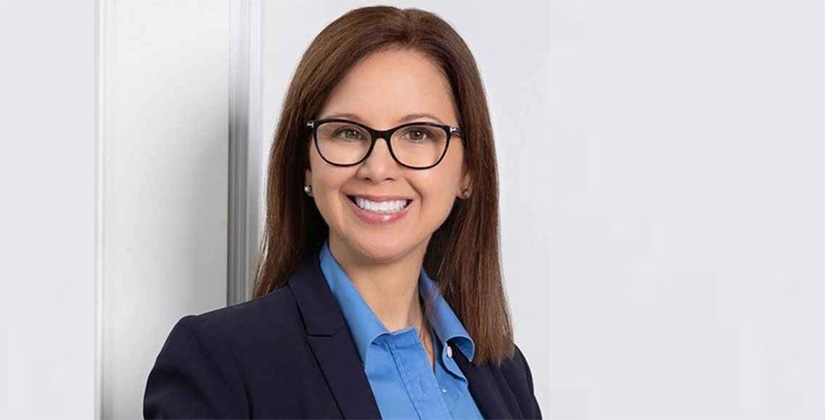Entrepreneur sees a business angle for software startup Emvitals in pandemic

Certainly she couldn’t have anticipated it, but entrepreneur Jennifer Hunter sees a role for her nearly 2-year-old business, Emvitals Inc., in easing the emotional stresses aggravated by the COVID-19 pandemic — maybe even helping people cope with the recent clash at the U.S. Capitol.
Hunter, a mental health therapist by training, is building a software business that is designed as a component of corporate wellness and employee assistance programs. Emvitals is an entry point to an online wellness or employee assistance program for someone seeking help with a mental health issue. It’s used to measure and track an individual’s emotional health, helping both employers and employees identify and manage conditions that lead to increased health care costs, reduced productivity, absenteeism and disability.
Employee Benefit News considers mental health benefits as an employee benefit of growing importance. It said in a report that workers contending with mental health disorders cost the United States between $483 billion to $605 billion a year in lost productivity.
Having debriefed police officers and firefighters who’ve witnessed murders and other violent deaths, Hunter is familiar with the processes people go through as everyday events in their lives create stress.
“The same is true with the pandemic, when we hit that six-month mark in July or August, that’s where you really saw a lot of the mental health (issues) tick up because stress is additive and it’s cumulative,” she said in a telephone interview. “So many people were vulnerable heading into that pandemic. People, the majority of our society, live in a state of chronic low emotional health, just living on the edge. So there are so many people who just tipped over during this pandemic.”
Hunter reacted similarly to what happened Jan. 6 at the Capitol.
When I saw the Capitol insurgency insurrection, what I knew is that all of those political folks were experiencing a traumatic event and what is a very normal reaction to when your life is threatened,” she said.
The Emvitals program is an instrument that measures, reports and tracks an individual’s emotional condition. It’s designed to be at the front end of a wellness program and to paint a picture of an individual’s emotional health. It’s meant to be the gateway into consultation with a mental health professional to create a plan of action that could include short-term counseling, substance abuse treatment and psychiatry.
“The issue is that emotional health literacy is so low in our country,” Hunter said. “People don’t know when they crossed the line. We’re so busy just trying to compensate and get through. So Emvitals, what I say is that we create ‘aha’ moments every day. We empower people with their own data. We hear, resoundingly, many people say, ‘I knew I needed help for a long time. I just didn’t know how to get started.’ ”
It’s also an issue for employers, and Hunter believes it should be a higher priority.
“Mental health is the top chronic condition for any large employer,” she said. “Antidepressants are top three on every large employer’s formulary, and 62% of the time employees don’t go to work it’s because of a mental health issue.”
…
Among the investors in Emvitals are JumpStart Inc. and North Coast Ventures, investing along with TCP Venture Capital of Baltimore.
Ashley Alber, an investing associate at JumpStart, the nonprofit that supports startup and young businesses, said it was the Emvitals technology that made the firm an attractive investment.
“I think about the value proposition,” she said. “I really feel strongly that Emvitals is the best technology out there to identify individuals who are at risk for mental health conditions, and that Jennifer is truly an expert in this market. Her connections are like no other within the industry, just given her prior experience at Cleveland Clinic.”
Todd Federman, managing director of North Coast Ventures, an early stage investor, said he has seen a lot of investment activity in mental health and behavioral health technologies in the last year. He, too, was swayed by Hunter’s experience with the Clinic.
“You know, on one hand you wouldn’t expect she would be the person to build and lead a company that sells software,” he said. “But on the other hand, in this particular industry, she’s exactly the right person to have the insights and the credibility to deliver something like this.”
This article originally appeared in Crain’s Cleveland Business on January 31, 2021.